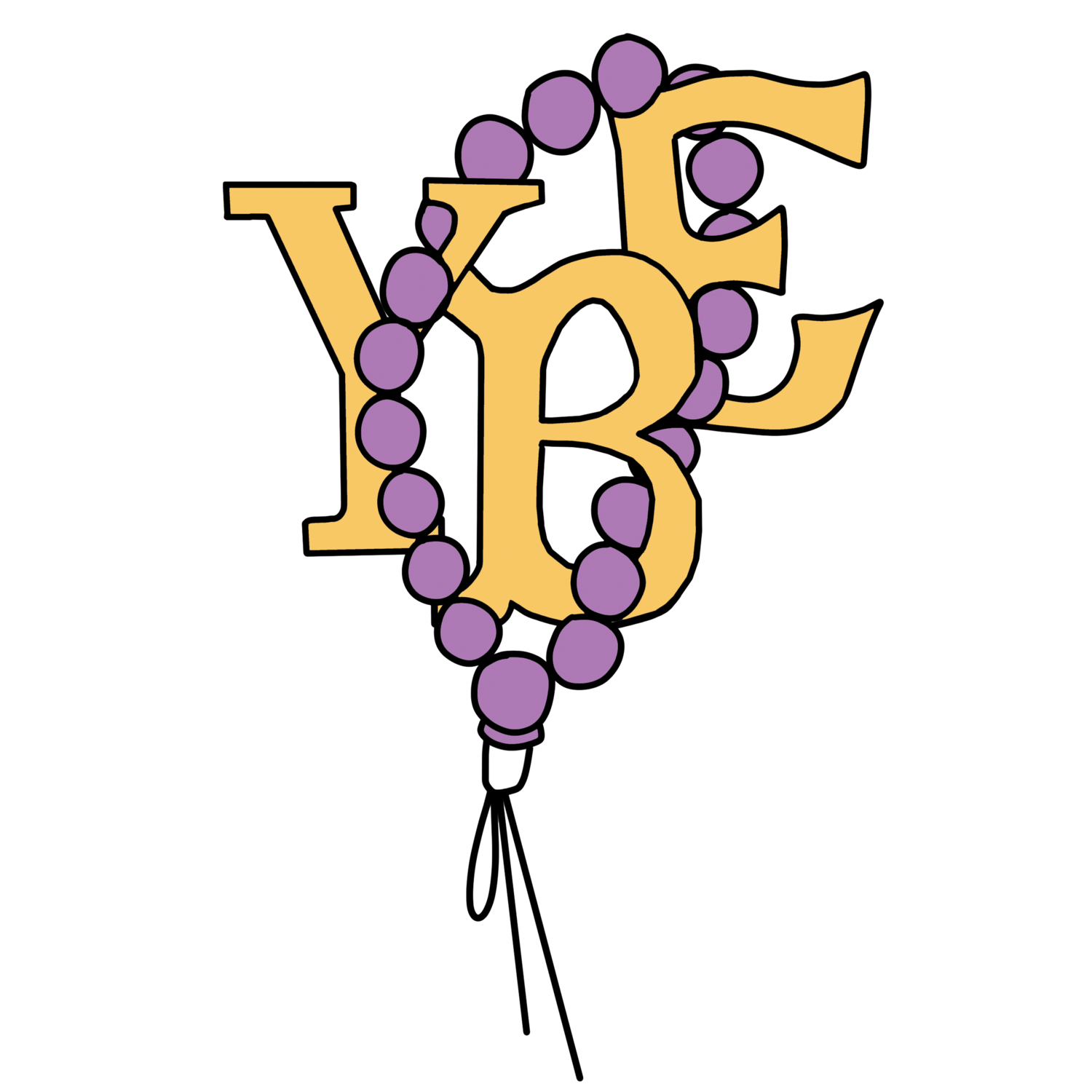Young Adults Returning to Temple
By Emily Ko | She/Her/Hers | Seattle Betsuin Youth Minister's Assistant
February 16th, 2020
I was first exposed to jazz in elementary school when my older brother joined his middle school’s jazz program. Initially I didn’t understand what was going on, except for one thing: jazz made you feel something that classical and orchestral music didn’t. I remember attending one of his jazz concerts and I found my foot taping along! What magic was being used to control my feet? I wanted to dance!
My band director invited me to join jazz band in sixth grade after noticing improvement in my playing - jazz was normally reserved for seventh and eighth graders. I remember being so nervous walking into my first jazz rehearsal. I could barely breathe properly while warming up my trombone. There were so many new people. They were so much older and TALLER! But as soon as we started playing, all the nerves immediately were replaced with the same feeling I felt listening to my brother and his jazz band long ago.
Then came the summer going into sophomore year, I attended a two-week jazz camp with other high schoolers through an organization called Seattle JazzEd. Again, there were new people, but not just new faces but also economic backgrounds and ethnicity. Seattle JazzEd’s mission is to provide equal opportunity for students who want to study and play jazz, regardless of their background. Students commuted from around the King County area, from Tacoma to Everett to Issaquah, just to play jazz.
It didn’t matter where you grew up or how prestigious your school’s jazz program was, the only thing that mattered at rehearsal was you.
Jazz is universal.
The love of jazz transcended barriers of economic, gender, sexual orientation, political association and race. Jazz’s universal quality is similar to the universal nature of Buddhism and Jodo Shinshu. Buddhism is universal. This is evident by looking at the long history of Buddhism, through times of oppression, the Dharma is still being shared 2500 years later. And it is no surprise as the message of the Buddha is something that people of all religions can agree upon: the wish for all people to be happy and peaceful. Across all religions, it’s a universal wish for people to live in harmony. However the universality of Jodo Shinshu specifically is special, as Shinran wanted everyone to hear the teachings of the Buddha.
Issaquah High School Jazz Band Senior Class
In Jodo Shinshu, one does not have to meditate for twelve hours straight, become a monk, marry or have to be a certain gender to hear Shinran’s teachings. Shinran believed in equal opportunity to listen to the Buddha. Anyone regardless of their class, religion, gender, sexual orientation has the opportunities to feel the Dharma and try to follow the Shin Buddhist path towards the goal of Enlightenment.
Too often, people are being discriminated against for being different, when it should be the opposite. Our differences make this world a special and exciting place. By ignoring our differences, society would not be able to progress, discovering new technological advances, or explore what humanity has to offer.
That’s what I love about Buddhism: our compassion for everyone. The path to enlightenment is through Wisdom and Compassion, knowing that the Great Compassion transcends barriers, ensuring compassion for all. Without showing compassion to all, how would we attain Enlightenment without recognizing ethnicity, intelligence and possibilities to see the beauty of people. People are great.
I hope that one day, we can all feel the same the feeling jazz gives me - happiness from the tap of a toe to the rhythmic beating of your heart - through listening and sharing the universal words of the Nembutsu.
“As a saying goes, ‘Just as rain falls on all vegetation equally, so Buddha’s compassion extends equally to all people’.” - Discovering Buddhism in Everyday Life by Reverend Harada
Namu Amida Butsu

